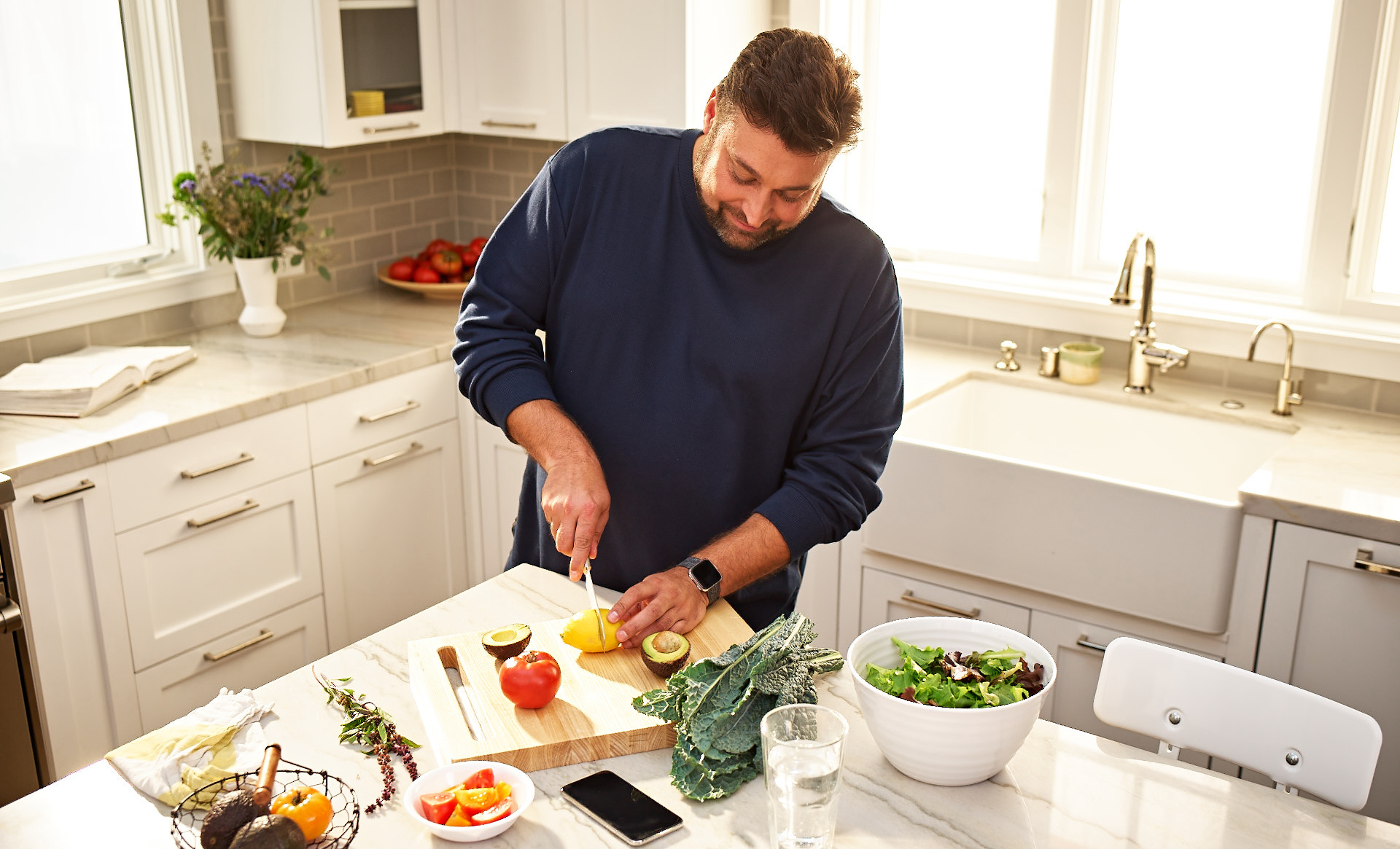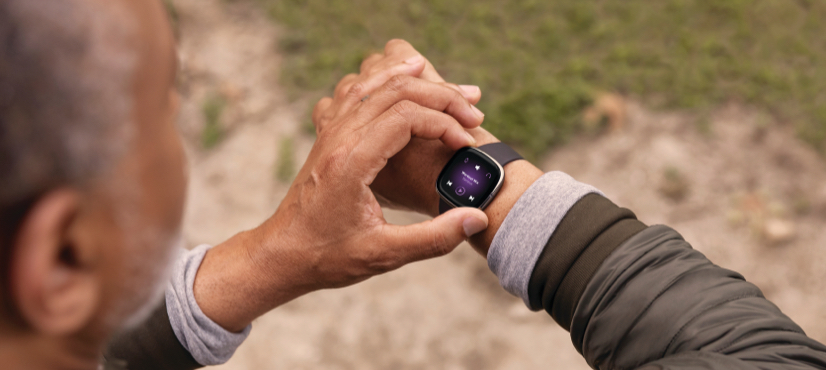Helping People With Diabetes Live Healthier Lives
Yesterday marked World Diabetes Day – the largest diabetes awareness campaign in the world – created by the International Diabetes Federation (IDF) and the World Health Organization (WHO) to draw attention to the escalating health threat posed by diabetes. It is observed each year on November 14th – the birthday of Sir Frederick Banting, who co-discovered insulin in 1922.
WHO defines diabetes as a chronic, metabolic disease characterized by elevated levels of blood glucose which leads to serious damage to the heart, blood vessels, eyes, kidneys and nerves over time.¹ And unfortunately, it’s “spiraling out of control,” in the words of the IDF. Their latest figures, summarized in their Diabetes Atlas for 2021, demonstrate why:
- 537 million adults (20-79 years) are living with diabetes. That’s 1 in 10.
- In North America alone, there are 51 million people living with diabetes.
- This number is predicted to rise to 643 million by 2030 and 784 million by 2045.
- In North America, the number is expected to rise to 63 million by 2045, an increase of 24%.
- 541 million adults have Impaired Glucose Tolerance, which puts them at high risk of type 2 diabetes.
- Diabetes caused at least $966 billion dollars in health expenditure – a 316% increase over the last 15 years.
These statistics are startling. But there is good news: we know more today about how to prevent and control diabetes effectively, including making better lifestyle choices.² In fact, prediabetes and type 2 diabetes are largely preventable: about 9 in 10 cases in the U.S. can be avoided by making lifestyle changes.³
And that’s where Fitbit comes in. Our focus is to help diabetes program participants prevent diabetes, or, for those already living with diabetes, help them be their healthiest every day. We work with the best diabetes partners in the industry to connect our data, wearable devices, scales and the Fitbit Premium membership to support their interventions and programs, and we’re thrilled to say that Fitbit is making an impact. We’ve also added features to the Fitbit app to help people track their blood glucose levels alongside other important health metrics. Read on to learn more about:
- How Fitbit is working with diabetes management solutions to drive better outcomes
- Our newest partnerships with diabetes program providers
- How we’re supporting diabetes research efforts in the Latino community
- The new blood glucose tracking feature in the Fitbit app⁴
BETTER DIABETES OUTCOMES
Fitbit + Health2Sync
Health2Sync is the leading diabetes management app in Taiwan and Japan. In July of 2020, the Health2Sync team conducted a clinical trial with 95 participants in collaboration with four clinics in Taiwan. All of the participants were previously using the Health2Sync app, and their baseline fasting blood glucose, hemoglobin A1c (HbA1c), and LDL cholesterol were established. They were then given a Fitbit Inspire HR activity tracker, and they agreed to sync their Fitbit data with the Health2Sync platform. Their outcomes after three months were compared to baseline, and the impact was incredibly exciting. Fasting blood glucose decreased by 10.92 mg/dL on average, HbA1c decreased by 0.33 points on average (0.66 points in those who had at least 150 minutes of high-intensity activity per week), and LDL cholesterol decreased by 11.55 mg/dL on average.
Fitbit + Solera Health
In 2019, Solera Health, an integrated benefit network, expanded their partnership with Fitbit to reduce the risk of type 2 diabetes by using the Fitbit platform through Solera Health’s innovative model to encourage positive behavior changes, such as increased physical activity and weight loss. Based on an analysis of more than 1,700 people who enrolled in the National Diabetes Prevention Program (DPP) through the Solera network, Solera found that participants who redeemed a Fitbit device were more active and lost more weight during the program than those who did not. Now, our companies are making Fitbit activity trackers available to all Solera DPP participants, including Medicare and Medicaid beneficiaries.
NEW PARTNERSHIPS
Fitbit + LifeScan
We recently announced a collaboration with LifeScan, a world leader in blood glucose monitoring, serving more than 20 million people with diabetes. This partnership – which allows people to sync their OneTouch Reveal® and Fitbit apps so that OneTouch blood glucose data can be viewed alongside metrics tracked by Fitbit devices – is an exciting partnership designed to help millions of people better manage their diabetes.
Fitbit + Onduo
Onduo, part of Verily, Alphabet’s life sciences subsidiary, will now offer Fitbit devices and Fitbit Premium alongside Onduo’s approach to whole person health. The Fitbit experience will align with Onduo’s multi-condition platform to support people managing one or more chronic health conditions, like diabetes, hypertension or mental health conditions.
Health Inequities Research
As part of our mission to help everyone in the world become healthier, we recently awarded $300,000 in Fitbit products and services to researchers who are working on projects to address the health inequities in underserved populations. One of our award recipients was Rony F. Santiago, MA, from Sansum Diabetes Research Institute, whose project is aimed at preventing the progression of type 2 diabetes in Latino adults.
The causes and complications of type 2 diabetes disproportionately impact Latinos. Motivated by personal experiences, Mr. Santiago manages type 2 diabetes programs that support the Santa Barbara community. Rony and his team, in collaboration with researchers at Texas A&M University, aim to recruit healthy Latino participants and those with pre-diabetes or type 2 diabetes who will each receive a continuous glucose monitor and a Fitbit Sense smartwatch. They hope to analyze physical activity, nutrition tracking and sleep patterns to better understand the impact these behaviors can have on blood sugar and the potential to improve health outcomes, including the progression from pre-diabetes to type 2 diabetes.
Blood Glucose Tracking
In February of this year, we launched blood glucose tracking in the Fitbit app⁴. This feature helps users manage blood glucose levels⁵ by logging or importing their blood glucose levels and seeing trends all in one place. Users can set personalized ranges to see when they’re outside their target to better identify important changes. They’ll get friendly reminders to log, can look at trends over time with easy-to-read graphs, and, with details in one place, they can see how blood glucose levels change throughout the day and are impacted by physical activity, food, sleep, and other lifestyle choices.
Looking to the Future
The ability to improve the outcomes of diabetes interventions like Health2Sync in only three months by adding a Fitbit device presents tremendous opportunity in addressing the diabetes epidemic and enhancing the impact of other diabetes interventions. It reinforces the importance of improving lifestyle factors in addition to managing medications and demonstrates how established interventions like Fitbit have an important role to play in improving healthcare outcomes. As Fitbit expands its capabilities to support users in improving activity, nutrition, sleep, and stress management, it is likely that its impact on chronic disease outcomes, including diabetes, will only multiply.
¹https://www.who.int/health-topics/diabetes#tab=tab_
²https://www.diabetes.org/diabetes
⁴This feature is available to all users in the US, UK, Ireland, Australia, Hong Kong, India, New Zealand, Singapore, Canada, Germany, France, and Spain.
⁵The Blood Glucose feature is not a replacement for medical advice and is not intended to diagnose or treat any medical condition. It is intended to simply help people monitor and keep track of information. Users should talk to their healthcare provider for more guidance on blood glucose management. If users believe they are experiencing a medical emergency, they should call 911.



